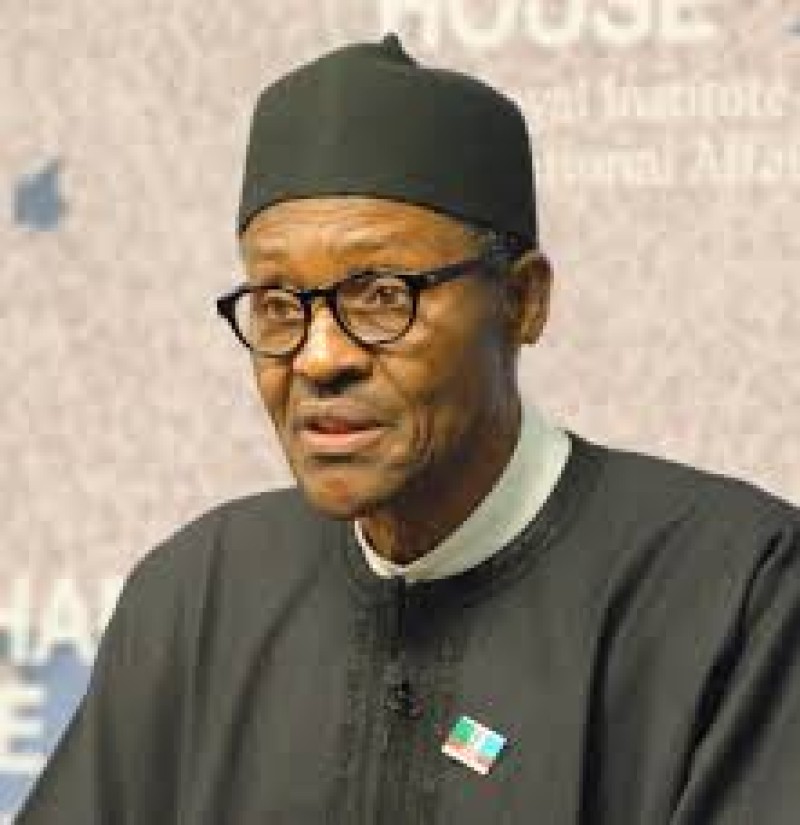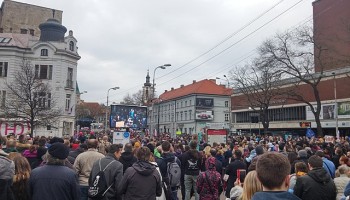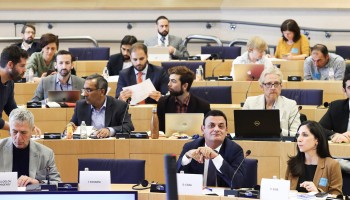Buhari, 72, leading the All Progressives Congress, drew ahead in polls by more than 2.5 million votes on Wednesday morning, the BBC reports. Sitting president Goodluck Jonathan conceded defeat shortly afterwards in a phone call to Buhari.
The president-elect, who is often known by his military rank as General Buhari, served as head of state in Nigeria from 1984 to 1985 after seizing power in a military coup on Dec. 31, 1983.
He is the first opposition candidate to beat an incumbent in Nigeria’s short history of democracy. His campaign was flavored with anti-corruption rhetoric and talk of discipline.
In the 20 months he led Nigeria in the 1980s, Buhari jailed about 500 officials in a campaign against corruption. This inspired mixed reviews, split between complaints of heavy-handedness and praise for his attempt to tackle systemic graft, reports the BBC.
His raft of policies, dubbed the "War Against Indiscipline", included forcing tardy civil servants to perform frog jumps in public.
Buhari’s anti-corruption drive involved a change in currency and attempts to redistribute public wealth, but also included restrictions on press freedom. Sceptics have warned that despite his apparent conversion to democracy, he could now return to autocratic ways.
The poll result appeared to show the Nigerian population calling for a change of pace from President Jonathan and what are seen as lackluster efforts by his administration to take on cronyism.
The rise of extremist group Boko Haram, resulting in tens of thousands of people killed, has also hampered Jonathan’s popularity with the Nigerian public. The tide of the conflict appears to have turned in favor of the Nigerian state in recent weeks, according to Reuters, but the upswing was not enough to help the ruling party in the polls. It is likely that Buhari’s military credentials played a significant part in his victory. The former general also escaped an apparent assassination attempt by the group last July.
Nearly half of the population of Nigeria, Africa’s largest economy and biggest oil producer, live below the poverty line. Last year, the then-governor of Nigeria’s central bank, Lamido Sanusi, revealed that US$ 20 billion of the state oil company’s revenue was unaccounted for.
The United States welcomed the result of the largely peaceful election as President Barack Obama praised the country for its “commitment to democratic principles”.
The European Union’s top diplomat, Federica Mogherini, said she "looked forward" to working with Buhari, the BBC reports.
Jenai Cox, programme manager at Freedom House in Africa, went further, calling it a “momentous day in Nigeria’s history”.






